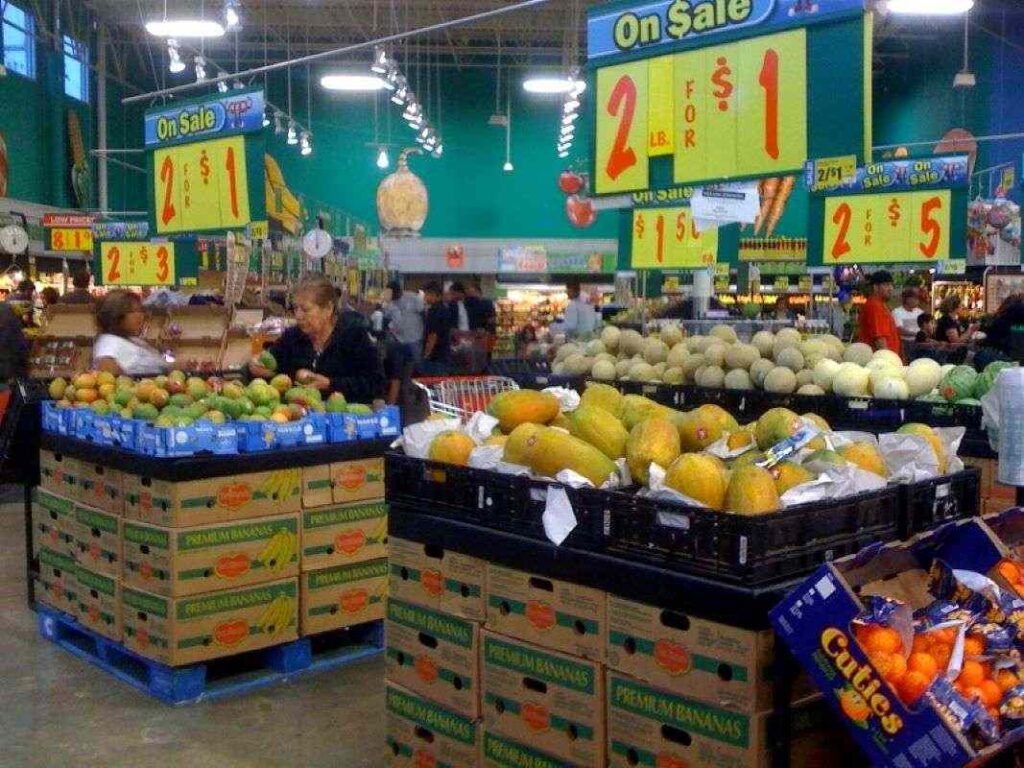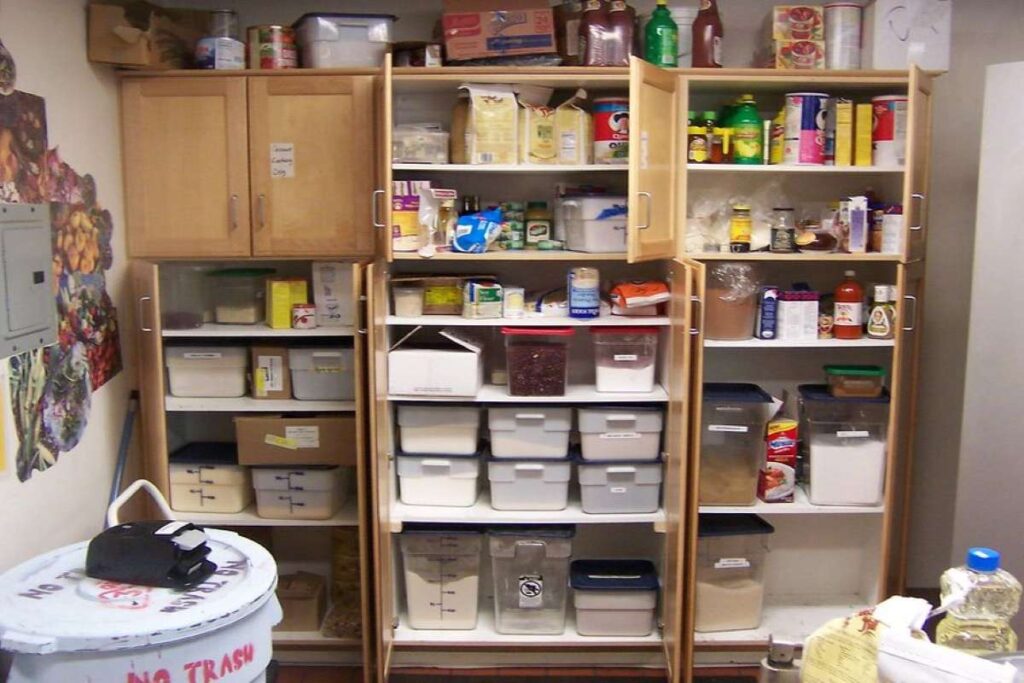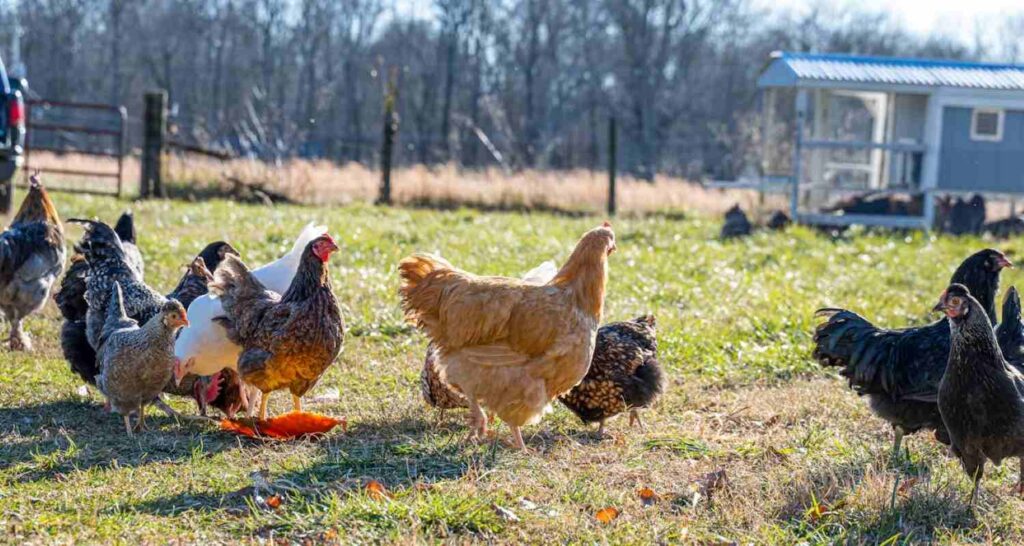Hunting for reasonable tips to stretch your food budget could relieve many families’ financial stress. According to the USDA, food prices rose by an alarming 25% between 2019 and 2023. By implication, most Americans are merely trying to get by as income cowers in the face of an imposing national inflation.
In some instances, developing healthy spending habits could help Americans fare better as we look forward to improving the economic climate. One such tactic is to monitor how much you spend on groceries closely. Food naturally gulps up a tangible portion of our recurrent expenses, and keeping it in reins should drive you towards financial stability.
The following are some specific tips to stretch your food budget and move toward financial stability.
1. Seek Out Grocers That Offer Bulk Sales
Buying groceries piecemeal can cause you to spend way over budget. So, for clean eating on a budget, identify a retail chain that offers discounts on bulk purchases. Of course, some items are not advisable to stock up in large volumes. However, endeavor to buy basic food items and ingredients like sugar, flour, and whole grains.

If you live in the suburbs and are close to local farmers, getting the best prices from them may be possible.
ALSO READ: 8 Best Budgeting Apps for Teens
2. Make Provisions for Bulk Storage
When you decide to start buying groceries in bulk, it is wise to prepare appropriately for sustainable storage. Airtight bins would work well for dry food items and ingredients like flour, rice, and oats. Mylar bags with oxygen scrubbers would equally work well for the bulk storage of dry foods.

It’s a no-brainer that fresh food is perishable and needs refrigeration. Excess vegetables and fruits have to be preserved accordingly.
3. Raise Chickens for Meat
With some self-taught skills, you could start a homestead that leaves your family self-sustaining. The more food that originates from your homestead, the lesser money goes to the grocer.

Instead of keeping several chicken drumsticks in the freezer for multiple months on end, raising a couple of chickens at home can be quite sustainable. The chicken can supply your family’s meat needs, and you always get it fresh.
4. Keep Laying Birds for Eggs
Meat, check! Egg-laying chickens require just a few more inputs and efforts than their meat-source counterparts. Buying the chicken feed in bulk saves money, and there is minimal product loss.

Egg prices are at an all-time high. So, it would be easy to sell any excess eggs that show up on your inventory. You could sell it at the closest farmer market or to your neighbors. All these homestead strategies should save costs considerably.
5. Using a Whole Chicken for Multiple Meals
No one said you must finish a full chicken for a single meal. Of course, it all depends on your family size. However, the point is nothing stops you from planning your meals in a way that a whole chicken can be spread out across multiple meals. That’s way better than letting prime meat go to waste.
6. Adopt Canning and Other Food Preservation Methods
One of the food preservation techniques that has been perfected over the years is canning. Canned food does not require any sophisticated tools or technology. However, it is essential to follow proper guidelines to avoid food contamination. Some food items or ingredients that can be preserved through canning are meats, sauces, fruits, and vegetables.
7. Start a Small Garden To Supplement Your Pantry
Most of the greens that you pay heavily for in the name of organic foods are things that can be easily cultivated in your backyard garden. You could even stay budget-conscious by starting a small orchard that would serve your family for many years. To walk around the harsh seasons, greenhouses can help you extend the growing seasons.
8. Be Strategic With Shopping Lists and Meal Plans
Planning family meals way ahead could help consolidate your grocery budget and prevent purchasing items that just sit in the pantry and never get used. Some money-saving strategies to adopt are:
- Plan meals around food items that are on sale and that are heavily discounted at the grocery store.
- Never base shopping decisions on a whim. Instead, ensure that every item that goes with you through the checkout is on the grocery list or is a money-saving compromise.
ALSO READ: Harris Introduces “Opportunity Economy” Focused on Reducing Food, Housing, and Family Costs
9. Avoid Emergency or Impulse Purchase of Groceries
Never neglect your pantry to the point where you must frequent the department store around the corner. We all know that items in such convenience stores are often overpriced. So, always be abreast of your pantry’s status, and have a bulk stash of non-perishable staples. Finally, make it a habit always to use old items first; first-in-first-out (FIFO) is the key.
These tips are not exhaustive, and the grocery cost situation in your home may be peculiar. So feel free to tweak these tips where necessary and think of other ingenious ways of eating healthy food on a budget.

